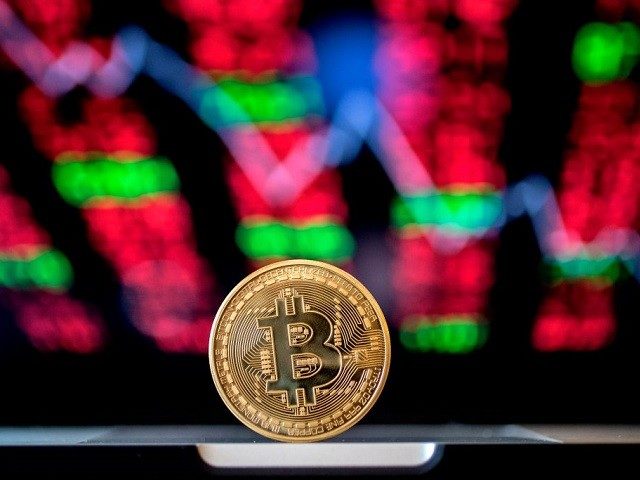Bitcoin (BTC) sold for over $21,000 in Wednesday afternoon trading, mere hours after it first broke the price barrier of $20,000.
According to CoinDesk, the digital currency sold for more than $21,000 for the first time ever during the 4:00 PM EST hour, peaking at a price of $21,443.07 at the time of this writing.
Bitcoin’s latest growth cycle has come several months after its latest “halving” — a software feature that periodically cuts the growth rate of its monetary supply by half. Demand has risen, in part, from high-dollar purchases by companies such as PayPal, Square, and investment firms like Grayscale. Most recently, Michael Saylor’s company MicroStrategy announced it had raised $650 million to purchase more BTC than the more than 40,000 it already owned. And just last week, Massachusetts Mutual Life Insurance Co. (MassMutual) announced it had acquired $100 million worth of Bitcoin.
For a brief crash course in Bitcoin technology, this author has previously written the following explainer:
What Is Bitcoin, and Why Does It Have Value?
Simply put, Bitcoin is digital scarcity. The Internet made it easy to transfer information — but not currency. If I email a photo to a friend, the file doesn’t leave my computer; now there are two copies of that file on two computers. That’s not a problem with a photo, but it is a problem with cash. If every purchase ended up doubling the amount of cash in circulation, it would quickly lead to hyperinflation and would crash the value of a dollar.
Bitcoin fixes this. What it does is create a digital ledger that assigns credits to “addresses,” or strings of numbers and letters that function as a destination for said credits. People who use the software can control that address with a private password that allows them to charge a debit to their address and add a corresponding credit to another address, presumably to pay someone else for a good or service. In layman’s terms, when I send my Bitcoin to someone else, I’m really sending it. I can’t send it to five other people, like a PDF over email or text. It’s out of my possession. And tens of thousands of computers around the world are checking 24/7 to prevent fraudulent accounting — for instance, if I try to spend my Bitcoin in two different places, only one of those transactions will be recognized as valid in the history of the ledger.
The second problem that Bitcoin fixes is monetary policy. Do you know how many U.S. dollars are in circulation around the world? Can you audit their provenance? Can you do anything to prevent hyperinflation? Do you know why the Federal Reserve pumped trillions into the repo market from September to January — before the coronavirus crisis made it pump even more? Do you know how it decides which banks and businesses get this money?
You obviously don’t, because there is no transparency, and there is no predictable monetary policy in the western world — aside from ever-greater federal debt, ever-greater unfunded entitlements, and ever-greater money printing. Bitcoin, on the other hand, has simple, predictable monetary rules, and it’s designed to be deflationary — that is, unlike physical gold, it suffers no drop in usability if the value of its lowest denomination becomes too high and it needs to be split into smaller fractions. As the population grows, the value of a fixed money supply slowly rises. Purchasing power goes up over time, giving people a greater incentive to save.
These days, you cannot save cash; if you don’t want your money to lose its value, you must hand it over to a bank, a fund, or some other third party who will take their cut and penalize you for spending it before their arbitrary waiting periods. Regularly tithing a tenth of your paycheck to the stock market, decade after decade just to outpace inflation, is a wealth transfer from ordinary people to major corporations; is it any wonder small businesses struggle to stay afloat in this system? Is it any wonder the working class is saving for retirement rather than property and entrepreneurship?
And this facet of Bitcoin is possibly the answer to that broken system.
A couple necessary disclaimers: this is not financial or investment advice. Exchanging your time or resources for any of these digital assets could result in a total loss, and you should be extremely skeptical of any pie-in-the-sky promises. Consider my biases: I own a small fraction of BTC and stand to gain financially if it increases in value.

COMMENTS
Please let us know if you're having issues with commenting.